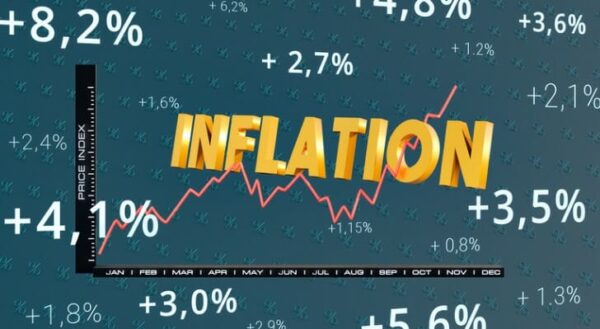Louis Boucher, PhD holder and Dean of Harris University, chimes in on the hot topic of 2022 with rising inflation, and what it means to society as a whole.
—
Today U.S. stocks edged higher after investors digested fresh inflation data that showed prices increased at a slower annual rate in December.
What is Rising Inflation?
Rising inflation refers to a sustained increase in the general price level of goods and services in an economy over a period of time. When inflation rises, the purchasing power of money falls, which means that the same amount of money can buy fewer goods and services.
What are the Implications for Society?
- Reduced purchasing power: Rising inflation can erode the purchasing power of households, particularly those on fixed incomes such as retirees, and low-income families, making it more difficult for them to afford basic necessities.
- Economic uncertainty: Rising inflation can create uncertainty and volatility in the economy, making it more difficult for businesses and consumers to plan for the future. This can lead to reduced investment and consumption, which can slow economic growth.
- Income inequality: Inflation can have a disproportionate impact on low-income households, who spend a larger share of their income on basic necessities such as food and housing. This can exacerbate income inequality.
- Impact on interest rates: Inflation can also lead to an increase in interest rates as Central Banks will increase the rate to control inflation, this can make borrowing more expensive for individuals and businesses. This can slow economic growth and lead to reduced investment and consumption.
- Impact on savings: Rising inflation can also reduce the purchasing power of savings, particularly for those who have saved in cash or fixed-income investments. This can discourage people from saving, which can have negative implications for their financial security in the long-term.
- Impact on business: High inflation can lead to increased costs for businesses, which can lead to higher prices for consumers and reduced profits. This can lead to reduced investment and economic growth.
Overall, rising inflation can have a range of negative consequences for society, including reduced purchasing power, economic uncertainty, and increased income inequality. It’s important for Central Banks and Governments to monitor inflation and take appropriate actions to keep it in check, as well as provide support to those affected by inflation.

